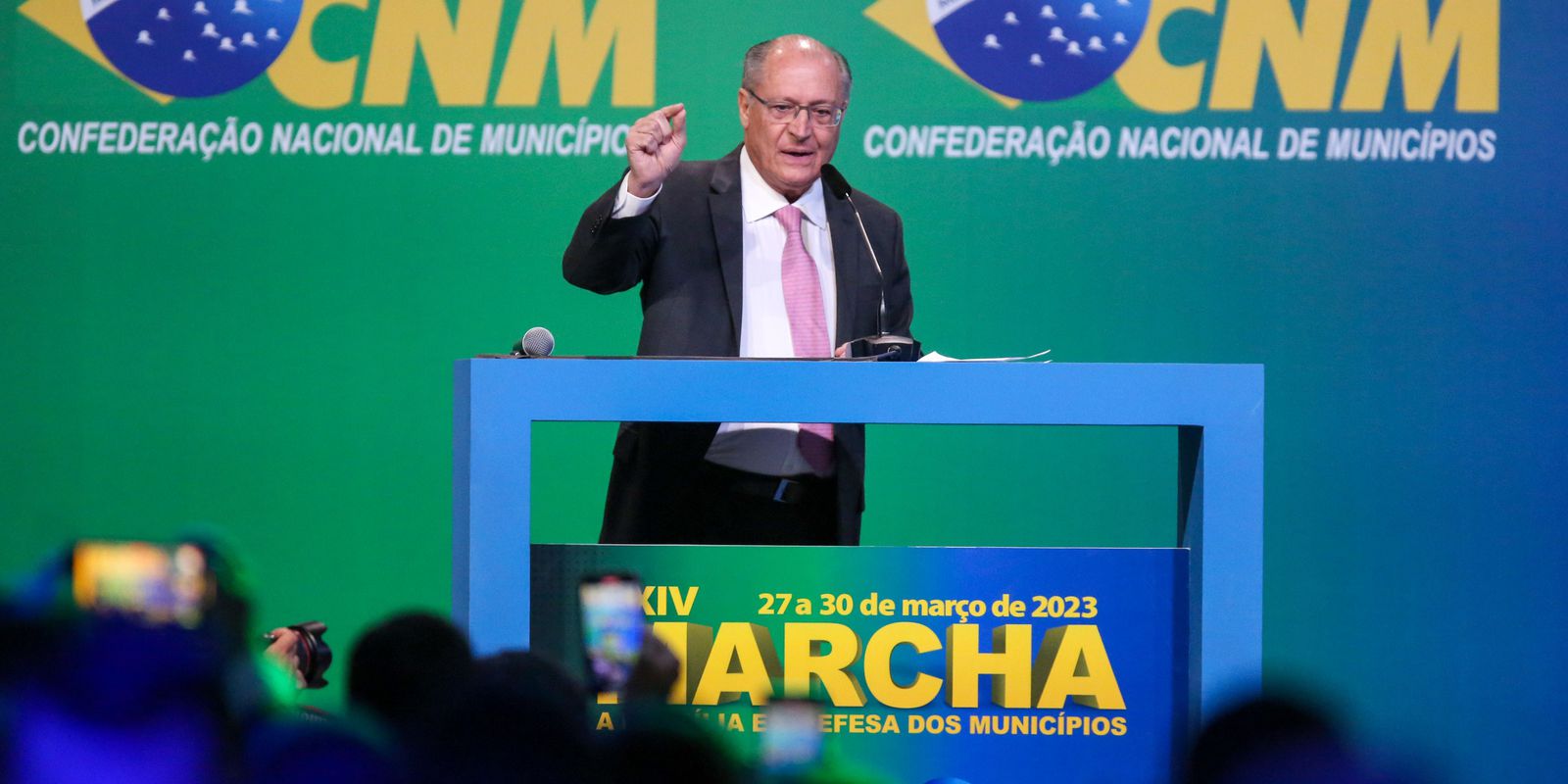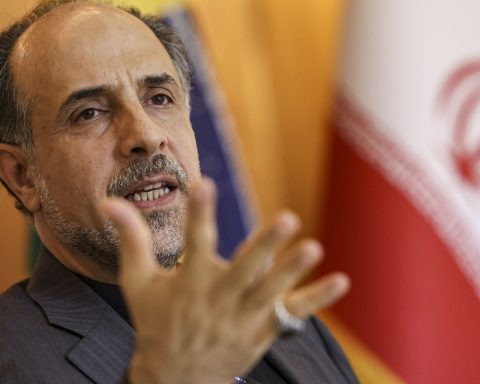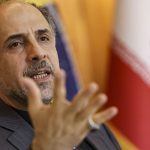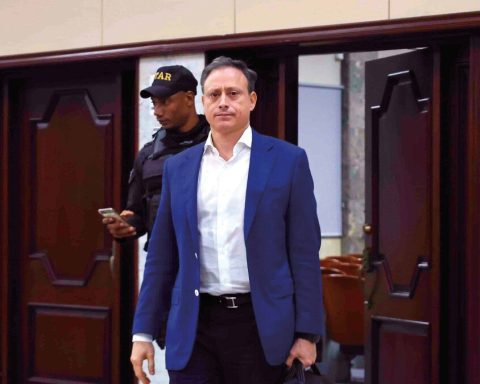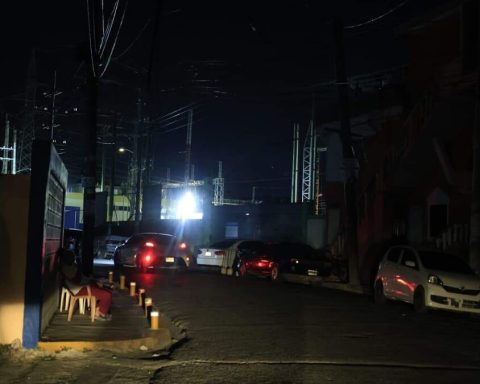Vice President Geraldo Alckmin defended a tax reform that brings economic efficiency to the country. Representing president Luiz Inácio Lula da Silva, he spoke this Tuesday (28) at the 24th March to Brasilia in Defense of Municipalities, promoted by the National Confederation of Municipalities (CNM).
For Alckmin, the Brazilian tax model is “chaotic” and “unfair”, both in charging and in the distribution of resources. According to the vice president, the disparity in distribution varies from R$ 30 to almost R$ 9 thousand per capita for municipalities.
“There is an awareness that our tax model is chaotic, it leads to very high judicialization. It has a very high cost to pay tax due to the tax complexity. It is unfair in the way it collects because it is excessively focused on consumption”, he said, comparing that, in the United States, taxes on consumption are around 20%, while in Brazil they reach almost 50%.
“He [o modelo tributário] makes it difficult to export because it accumulates credit. It does not encourage investment. This is a reform that brings economic efficiency, which is what Brazil needs to grow stronger. We are confident and the path is dialogue. Mayors were one of the sectors of concern, but today there is an understanding that the federative issue will be resolved and the important thing is for the economy to grow stronger”, completed Alckmin.
Tax reform and the federative pact are the central themes for the prefects in this edition of the march, which brings together around 10,000 managers. The CNM defends the change in legislation so that the tribute stays in the city where consumption took place. Currently, the money goes to the municipality where the supplier company is headquartered.
Today, two Proposals for Amendment to the Constitution (PEC) for the tax reform that are being discussed in Congress are defended by the Ministry of Finance. They suggest the unification of various taxes and will not reduce the collection of municipalities, according to the federal government.
Other guidelines
The vice president also highlighted the actions of the federal government in these first 87 days of management. Among them, the readjustment of the value of school meals, which had been frozen for five years and was increased by 39%.
On the other hand, in education, he recalled that there are still around 350,000 children aged between four and five who are out of school. According to the vice-president, it is necessary to eliminate this queue, as it is the duty of the State to universalize access to education.
In health, Alckmin cited the pact to eliminate the queues for surgeries and elective exams, with the release of BRL 600 million for municipalities, but demanded that mayors advance in vaccinating the population, especially the HPV vaccine for girls and boys . HPV (human papillomavirus) is the sexually transmitted infection. The goal is to reduce cases of cervical cancer in women.
